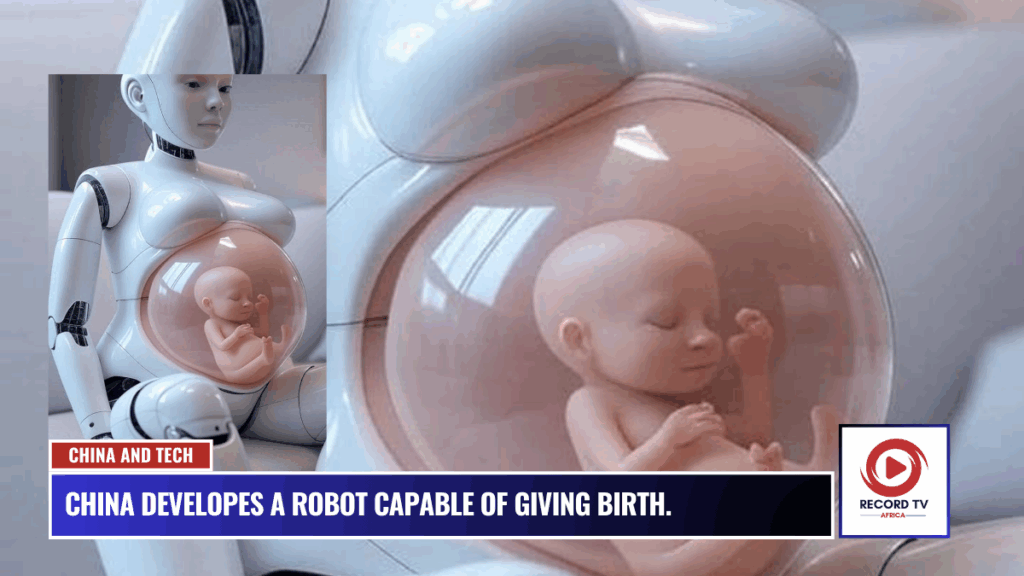Even though this is a concept that only exists in Sci-Fi movies,scientists in China now bring it to a reality.
Dr Zhang Qifeng ,the founder of Kaiwa Technology, is leading the experts in developing the Humanoid which is equipped with artificial womb that receives nutrients through a hose .
Chinese researchers have unveiled a revolutionary humanoid robot capable of simulating human pregnancy and childbirth through the use of an integrated artificial womb.
Developed by Kaiwa Technology, a tech startup in collaboration with scientists from Nanyang Technological University, the robot represents a potential paradigm shift in reproductive science.
The project is spearheaded by Dr. Zhang Qifeng, who describes it as “a technological solution to assist families facing infertility and to explore alternatives to human surrogacy.”
The robot, which resembles a human female torso, features a biologically-inspired artificial uterus embedded in its abdomen.
This system replicates the human gestation process by sustaining a fertilized embryo in a fluid-filled environment, supplying nutrients and oxygen through artificial umbilical-like systems. Researchers expect it to support the fetus’ development from conception to delivery.
A working prototype is slated for release by 2026, with a projected cost of under 100,000 yuan (~$14,000 USD or Rs 12 lakh), making it a potential low-cost alternative to traditional surrogacy, which can cost upwards of $100,000 in some countries.
The announcement has triggered a storm of ethical discussions worldwide. While advocates highlight the breakthrough’s potential for infertile couples, critics warn that it could commodify childbirth, weaken the mother-child bond, and raise complex legal and societal issues.
Questions about the robot’s ability to replicate the full spectrum of human biology such as hormone cycles, immune responses, and emotional bonding remain open.
Officials in Guangdong Province are already drafting preliminary legal frameworks to govern the use of such technologies, signaling China’s intent to move forward cautiously but decisively.
“This is not just science fiction anymore,” said Dr. Zhang. “We are entering a new era of assisted reproduction one that challenges us to rethink what it means to create and nurture life.”
Whether hailed as a miracle of modern science or a troubling step away from natural motherhood, China’s humanoid pregnancy robot is already reshaping the global conversation about the future of childbirth.

